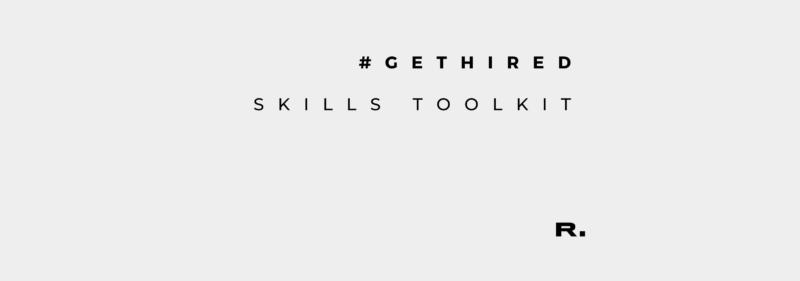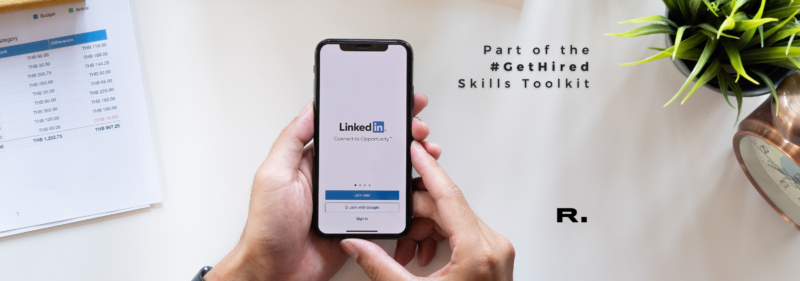Found yourself out of work for the first time in a long time? We’ve launched the #GetHired Skills Toolkit as a simple and actionable step by step guide to secure your next role. Access the full kit here.
Having completed the preparation stages of your job hunt, you should feel more confident you have the set up, skills and mind frame to positively move forward in your job search. The next stage of the process is setting some targets.
One of the most popular (and manageable) ways to do this is by using the SMART framework. This framework can be applied to any goal but is especially useful when approaching large projects, like a job hunt for example. It will help you break down high-level goals into achievable, actionable steps so you don’t become overwhelmed or discouraged.
When setting job hunt milestones it’s important to create goals that are;
Specific
Start with the big picture and narrow it down. If your end goal is get a job, examine what specific steps you need to take to get you closer to that achievement. It could be to create a spreadsheet of vacant roles you want to apply for. Rewrite your CV. Speak to a recruiter. Customise every application according to the job spec. Commit to E-learning a topic which will support your professional development.
Setting vague goals won’t help your focus. Creating a specific goal ensures it will be clear once you’ve achieved it.
Measurable
Management consultant Peter Drucker said ‘What can be measured, can be managed’. And that can be a comforting thought when applying it to your job search efforts.
Try setting a set number of hours of self-directed learning per week, or perhaps you a specific number of job roles you want to apply for. It could be hours spent researching desirable companies, growing your LinkedIn connections, messages sent or virtual networking events attended. You don’t know if you’re achieving your goals if you’re not measuring them.
Now you have a specific goal, put a number to it to give yourself something to aim for.
Achievable
Lofty aspirations of applying for 150 jobs, e-learning 9 ’till 5 or becoming a LinkedIn influencer might sound like a great idea at the offset but are going to be difficult to achieve in the first instance. There’s nothing wrong with those goals but they need to be broken down into more manageable steps.
As we’ve discussed earlier in the #GetHired toolkit, morale is one of the biggest job hunt battles. Small but regular wins fuel the fire that build momentum and drive motivation long term. Ensure your targets are achievable. Job hunting’s hard enough without setting yourself up for disappointment.
Realistic
Want to be an astronaut but currently have BTECH in French?
Whether you’re looking for a job which matches your current skill set or experience or you’re considering a career change, you need to be realistic about your aspirations. Would a career change require you to retrain? Do you have the commitment/ time /resources to do so? Be as honest with yourself. Whether it’s limitations imposed on you by circumstance or yourself, acknowledge them when setting your goals.
Time Frame
Applying a time frame to your goals ignites a sense of urgency which will spur you into action. Whether it’s wanting to have completed your business plan in 3 months or applied for x amount of roles in x months, having a time frame will hold you to account and help you monitor your progress.
Ready to take the next step? View the next chapter in our #GetHired Skills Toolkit.
Other Reads

4 Minute Read 08.12.20
CV Best practice
Found yourself out of work for the first time in a long time? We’ve launched the #GetHired Skills ...

3 Minute Read 17.09.20
Diversity in tech, a recruiters perspective
As recruiters, we’ve hired for hundreds roles at all levels of the technology sector. Even at the ...

3 Minute Read 08.12.20
Do I need to be on LinkedIn to find a job?
4 million people were hired through LinkedIn in 2019 and with nearly 700 million users. And that num...